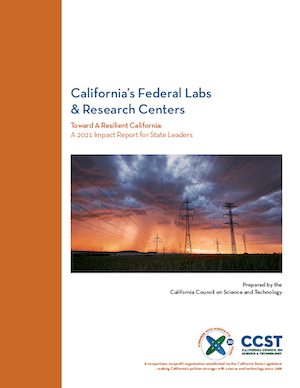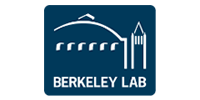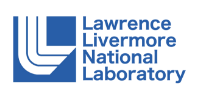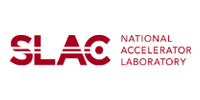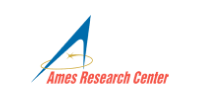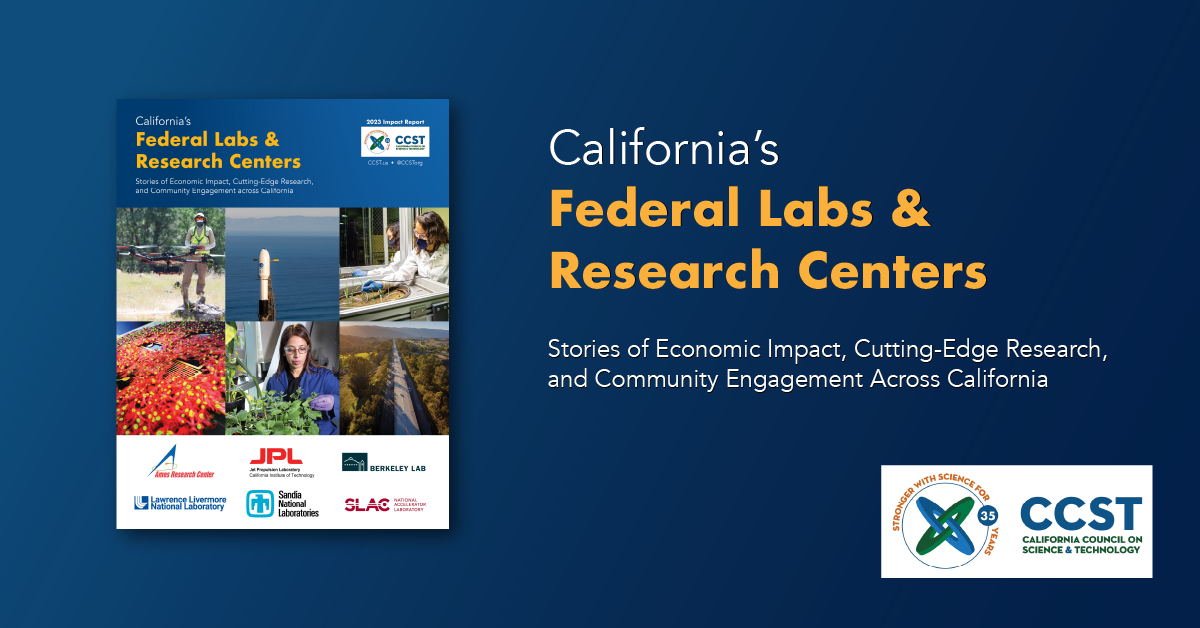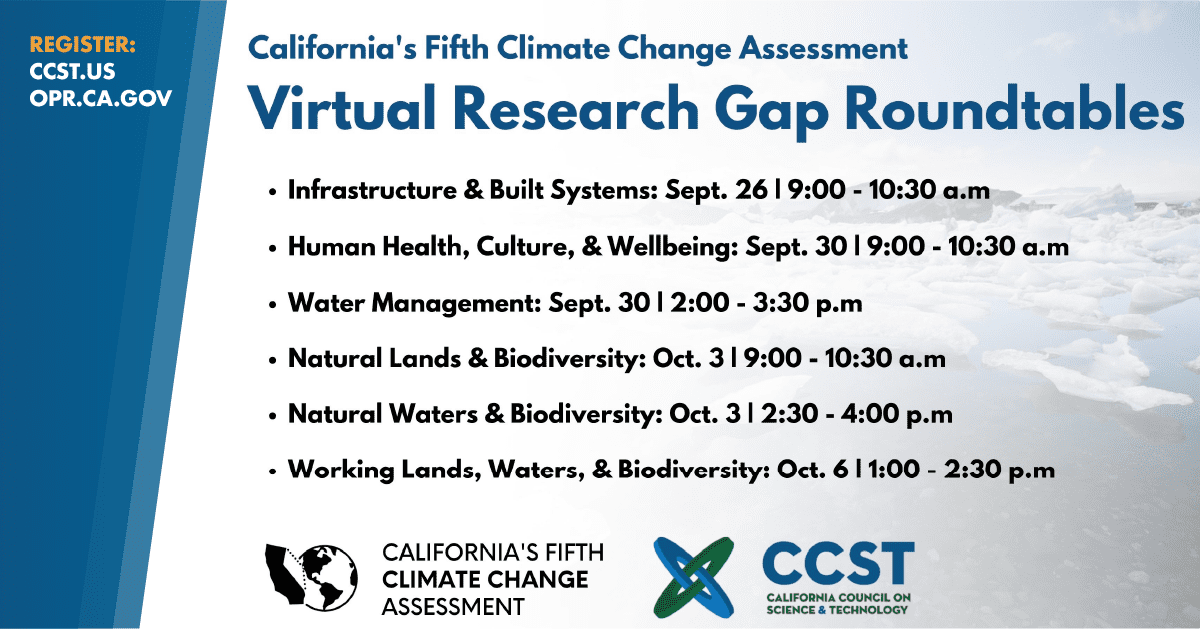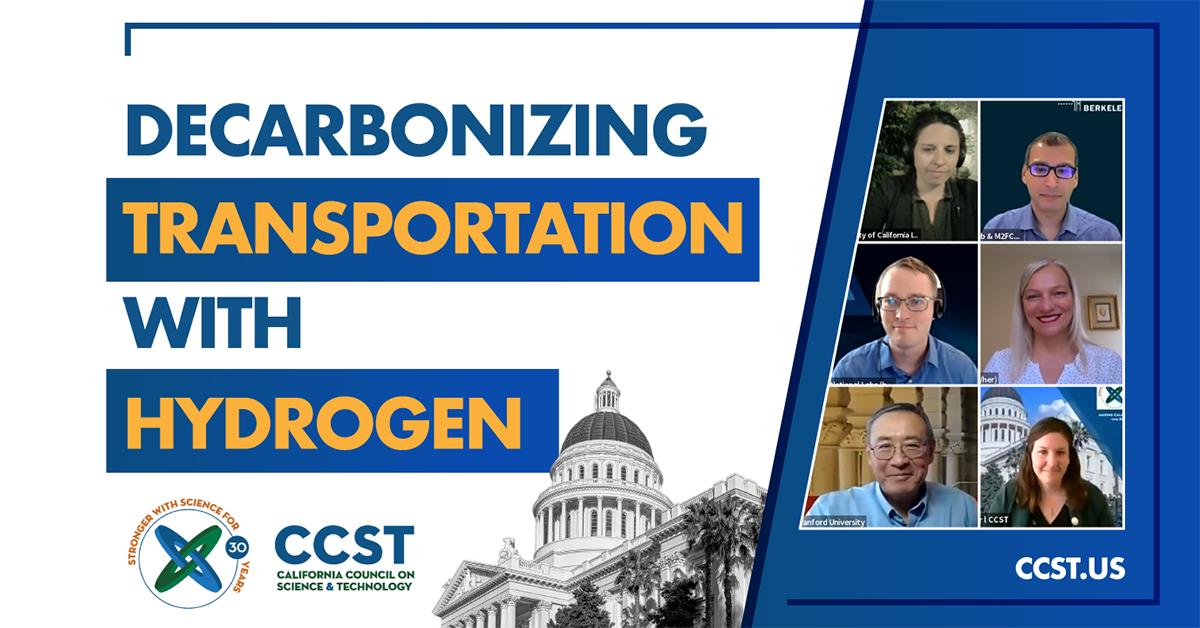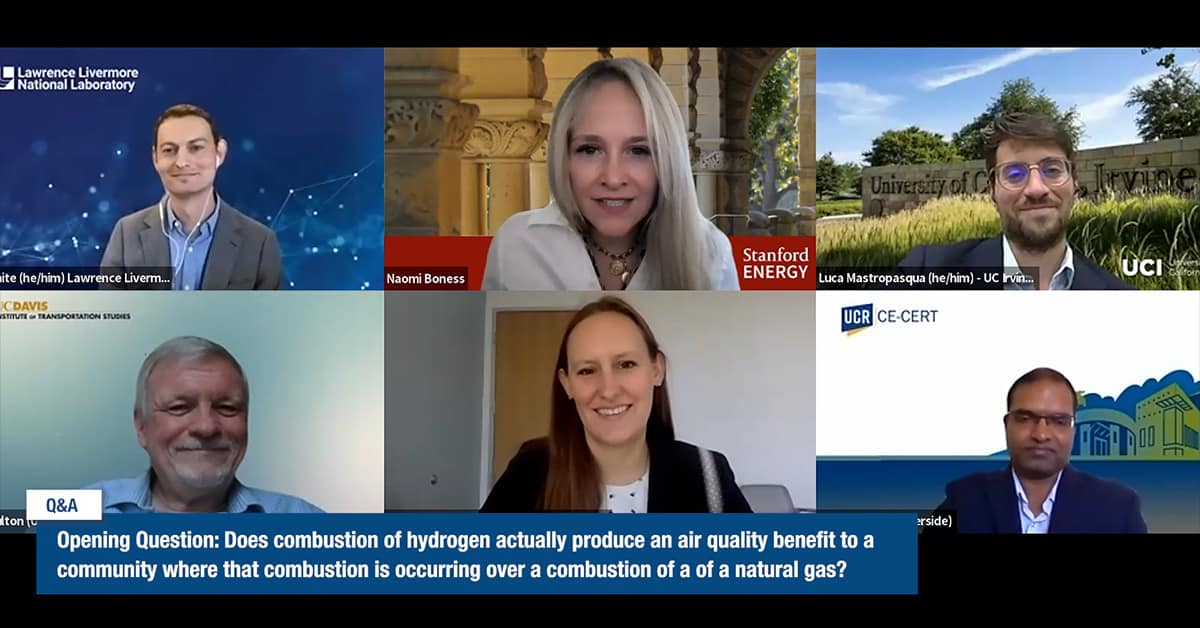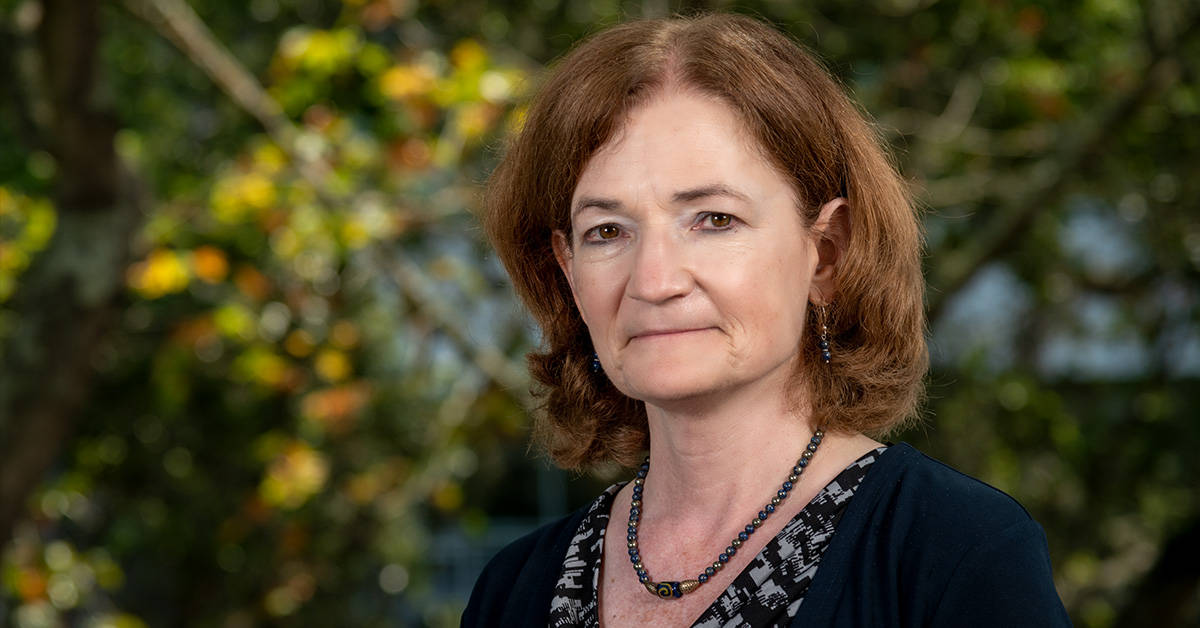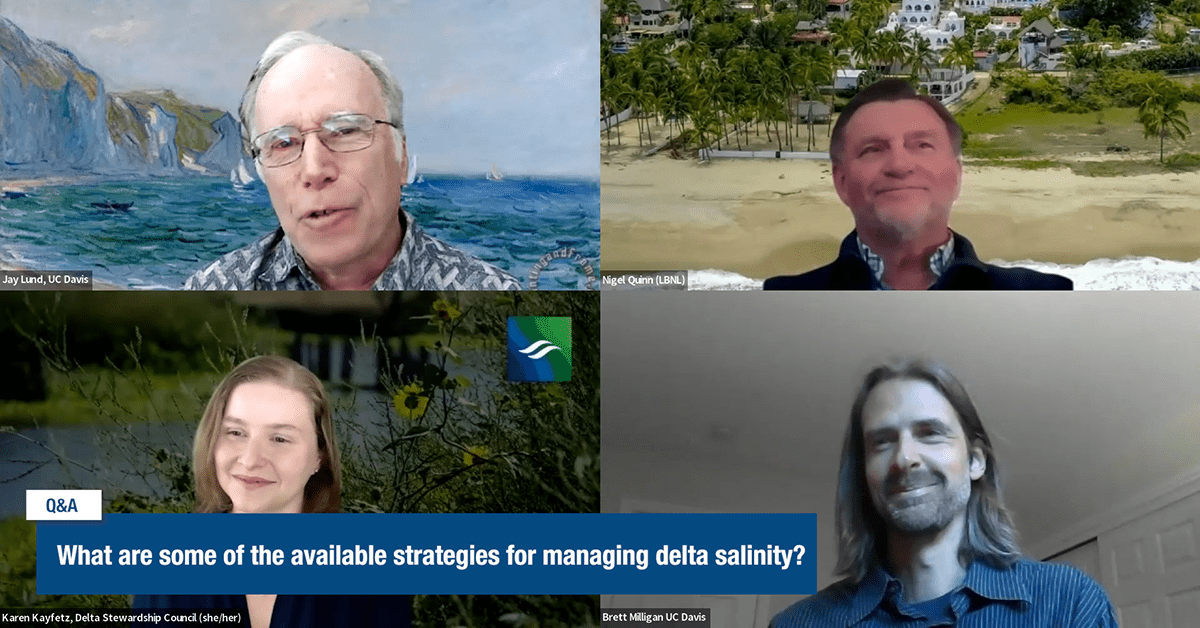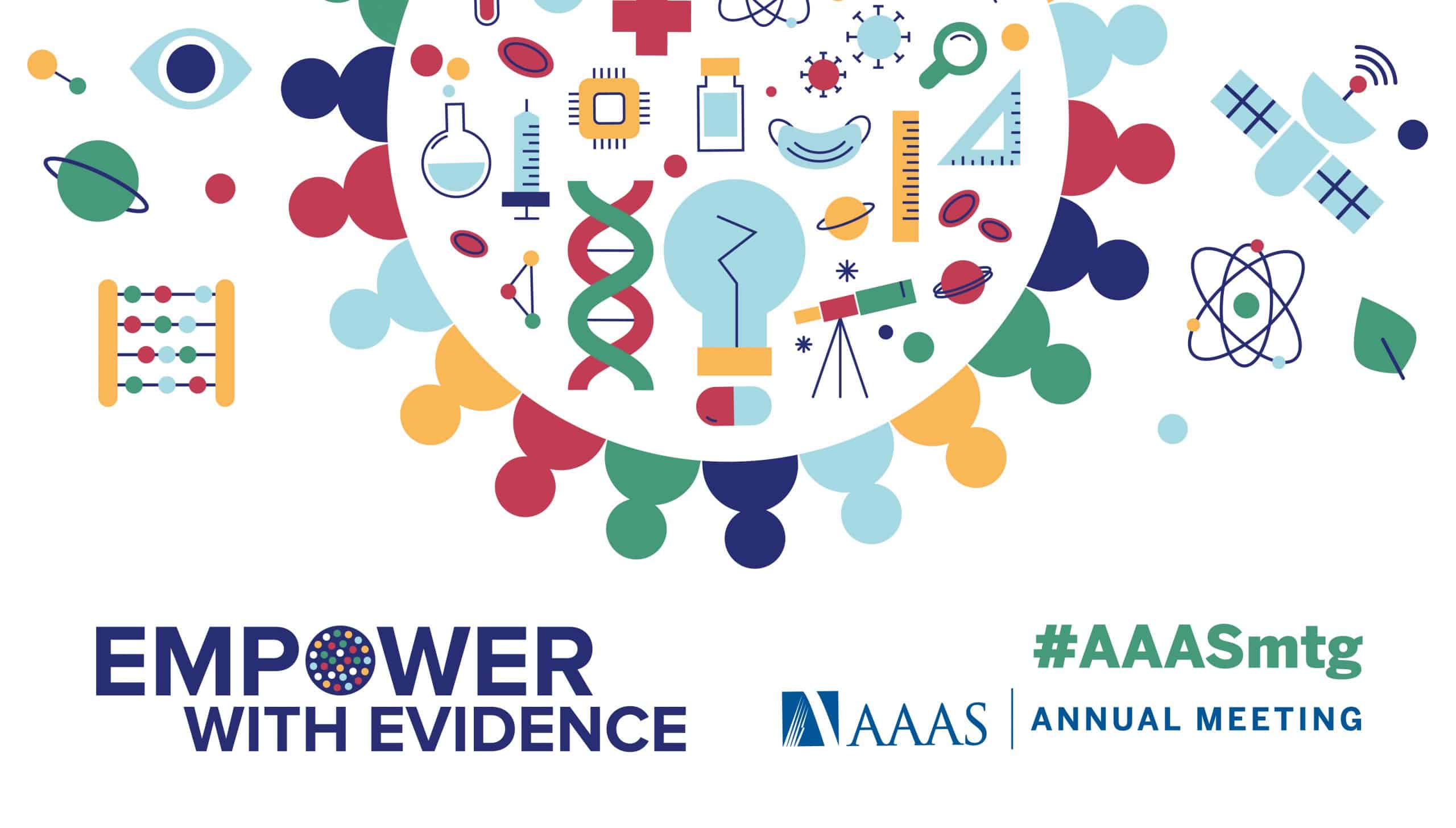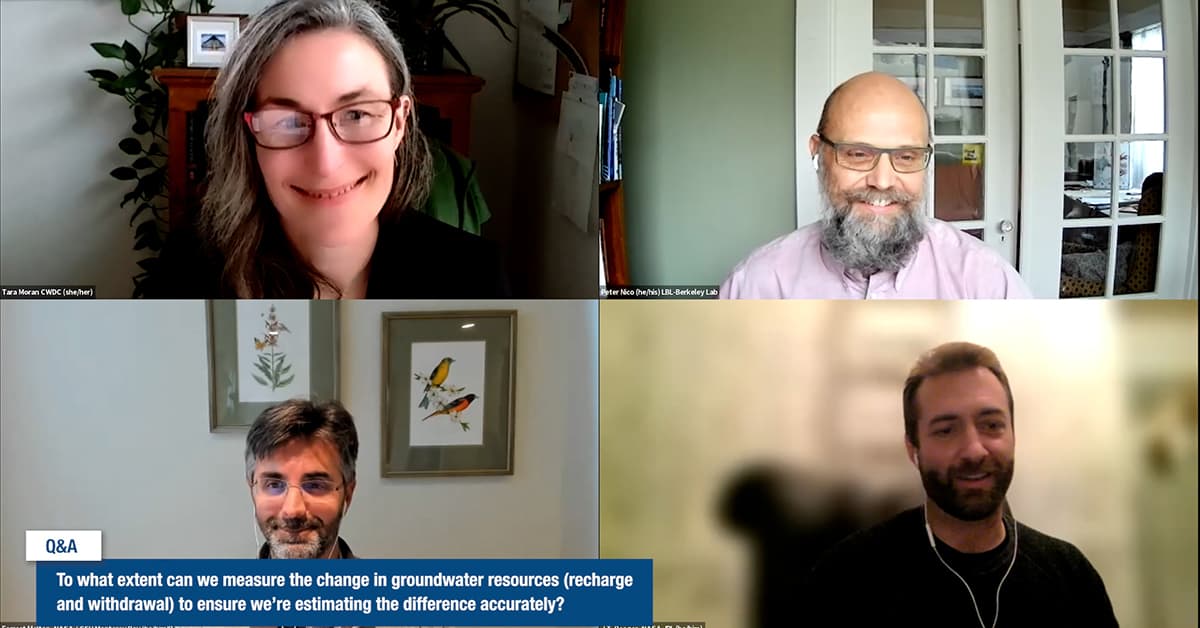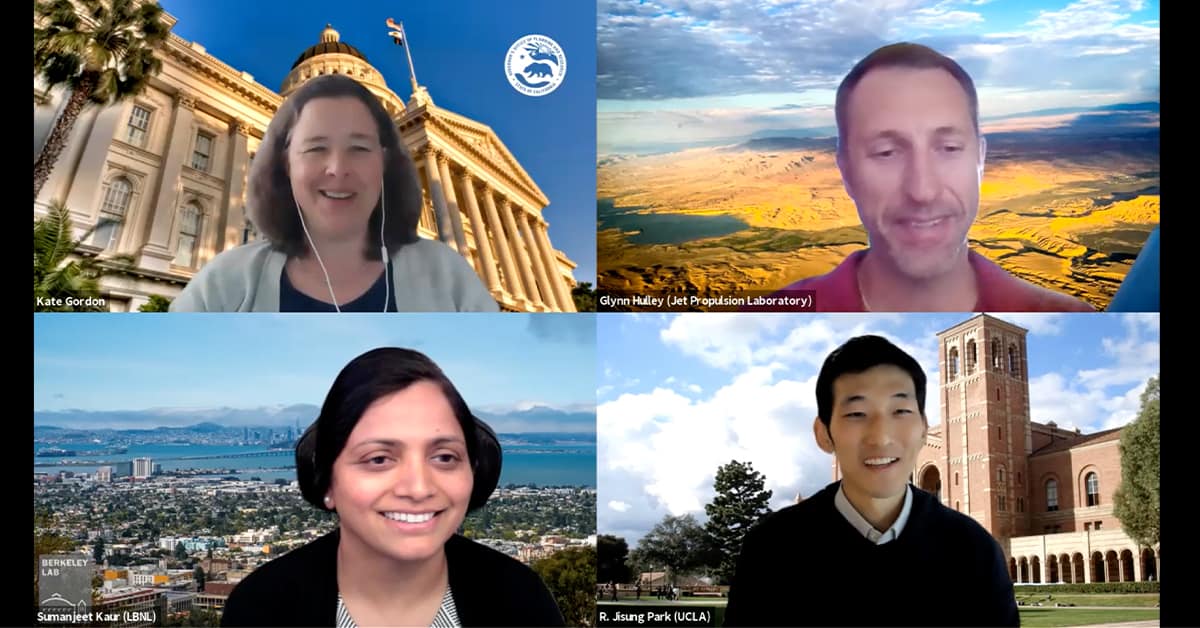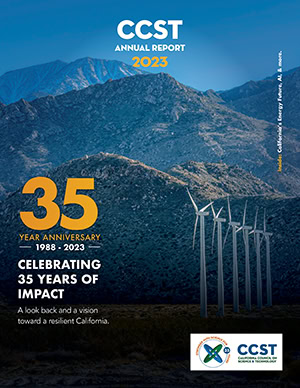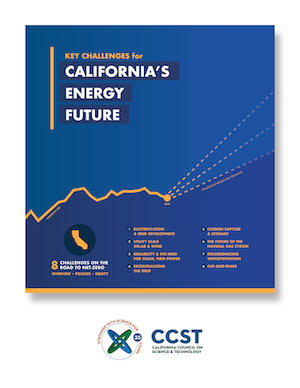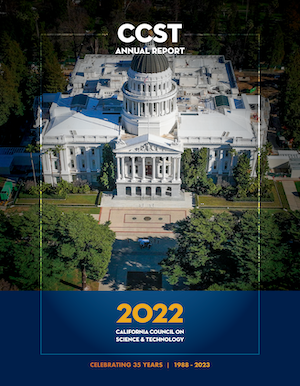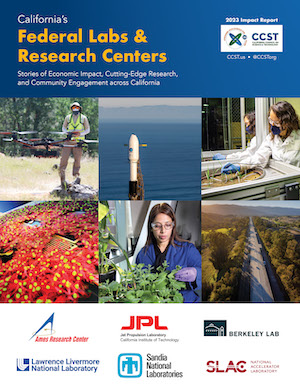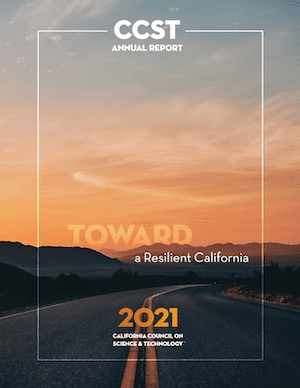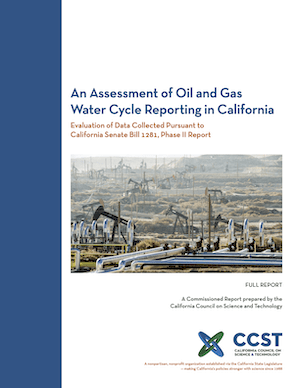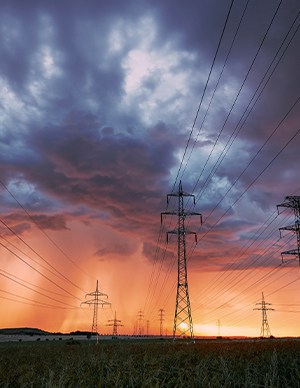Federal Research in California
A Guide to Federal Research for State Leaders
In keeping with our state motto – "Eureka!" – California is home to an abundance of advanced research institutions. Alongside academic powerhouses such as the University of California campuses, Stanford, and Caltech, we also take pride in our unrivaled collection of federal laboratories and research centers.
Discoveries by California’s federal labs and research centers save lives, advance technology, and inspire possibilities. They take us deep inside the genetic code, support the foundations of our energy and national security, and launch us toward the stars. Moreover, Federal scientists study issues directly affecting Californians, armed with one-of-a-kind supercomputers, lasers, particle accelerators, simulators, and engineering foundries only federally funded institutions can sustain. They are an integral part of California’s innovation, intellectual, and information landscape.
As Californians confront big challenges — climate change, clean energy, cybersecurity, resource scarcity, and international competitiveness — these labs and centers stand ready to help. Let this portal be your guide to the federal research and expertise in the Golden State — and discover how our federal labs and research centers can help make California stronger with science.
CCST's Partners
As this independent science advisory institution serving the State of California, CCST operates in partnership with, as well as receives financial and mission support, from a network of public and private higher-education institutions and federally funded laboratories and science centers.
While CCST seeks out the best available technical expertise regardless of institution, this portal serves to highlight the federally funded institutions in California which have formal agreements and representation with CCST:
U.S. Department of Energy (DOE)
National Aeronautics and Space Administration (NASA)
Federal Labs News
How CCST Can Help
Uniquely Positioned: Federal agencies such as DOE and NASA are uniquely positioned to contribute to California’s scientific conversation. They leverage the might of federally directed research resources and facilities — bringing mission- oriented research and scientific facilities that complement the wealth of expertise at University of California, California State University, Califonia Community Colleges, Caltech, Stanford, the University of Southern California, and other campuses.
Trusted Research Partners: Federal research includes many focal areas that can directly inform policy questions at the state level.Federal labs can partner with state agencies and campuses to conduct studies vital for our understanding of natural and physical processes. These federal-state-university partnerships require time for planning and implementation, but they yield collaborations and important knowledge for lifetimes.
Service to Policymakers: Each federal entity boasts a government relations team able to assist local, state, and federal offices. Together with CCST, these liaisons serve as aresource for community members and officials who want to learn more about federal labs and their broader impact for California.
The California Council on Science and Technology (CCST) is a nonpartisan, nonprofit organization established via Assembly Concurrent Resolution 162 in 1988. The resolution directed CCST “to respond to the Governor, the Legislature, and other entities on public policy issues related to science and technology.” To deliver independent advice to state policymakers, CCST engages science and technology (S&T) experts across California’s research enterprise, including through formal partnerships with the University of California (UC), California State University (CSU), California Community Colleges (CCC), Stanford, the California Institute of Technology (Caltech), the University of Southern California (USC) and the six federal laboratory partners described above.
By connecting policymakers with leading scientists in California and beyond, CCST increases policymaker access to S&T advice that is informed by diverse expert perspectives. Over the past three decades, state leaders have requested CCST reports and expert briefings on many issues of policy importance, from natural gas storage safety to sustainable water futures. The connections we facilitate between policymakers and scientists also enhance the ability of our 12 Partner Institutions to transmit S&T information for the public good, including by expanding opportunities for experts to participate in the policy arena and by identifying questions that will drive future research and innovation.
In 2005, there was growing interest by state leaders to improve access to expertise found at federal laboratories and science centers across California, and engage them on issues affecting the Golden State. The call for advice coincided with conversations and coordination already ongoing between CCST and several federal research institutions in California. CCST welcomed six new Partner Institutions.
Of the six institutions, four came from the U.S. Department of Energy: the Lawrence Berkeley National Laboratory, Lawrence Livermore National Laboratory, Sandia National Laboratories, and SLAC National Accelerator Laboratory; and two came from NASA: the Jet Propulsion Laboratory and the Ames Research Center.
In 2020, in recognition of a need for more agile science and technology advisory frameworks for the state and the increasing threat of natural disasters in California, CCST launched a Disaster Resilience Initiative, focused on increasing the delivery and responsiveness of the science advisory support provided by CCST’s science and technology experts to California policymakers. This five-year public-private partnership will convene diverse, interdisciplinary experts from throughout CCST’s network to address the State’s most urgent disaster resilience advisory needs through a series of needs- finding workshops, briefings to policymakers, advisory meetings, and other engagements.
California’s leadership in technology, environmental stewardship, clean energy, and other critical fields relies on its policymakers having access to clearly communicated, scientifically informed advice. CCST can help Legislators, appointed officials, and Capitol and executive branch staff navigate the tremendous resources spread across federal labs and science centers in California. CCST’s access to the Federal Laboratory Affiliates has resulted in several high-impact reports that have been useful to state leaders, delivering timely, nonpartisan, scientific analysis on complex issues. Examples include:
- The Costs of Wildfire in California (2020): This report summarizes the state of knowledge regarding wildfire losses and their associated costs across key sectors. It challenges the assumptions underlying current fire management policies and proposes a novel framework for understanding the total cost of wildfire in California. The report relied on vital input from expertise at Lawrence Berkeley National Laboratory.
- Remote Sensing Technologies and Water Resilience (2021): This Expert Briefing brought together scientists from Lawrence Berkeley National Laboratory, NASA Ames Research Center, and Jet Propulsion Laboratory to discuss the role of satellite based measurements in sustainable groundwater management with members of the Capitol community.
- Building a Resilient Energy Grid to Respond to Escalating Hazards (2022): This scientific session presented at the 2022 Annual Meeting of the American Association for the Advancement of Science (AAAS) took a broad look at the threats facing the energy grid and discussed the qualities that enhance its resilience, as well as the challenges in quantifying a system’s resilience. The panel featured researchers from Lawrence Livermore National Laboratory and SLAC National Accelerator Laboratory.
- Decarbonizing Transportation with Hydrogen (2022): This Expert Briefing explored the role of hydrogen as a potential avenue for decarbonizing the transportation and trucking and freight sectors. The panel of experts featured a scientist from Sandia National Laboratories.
- California’s Fifth Climate Change Assessment (2022): CCST, in partnership with the Governor’s Office of Planning and Research, hosted a series of six public roundtables to discuss California- specific information and knowledge gaps that will help inform the scope of climate change research conducted as part of California’s Fifth Climate Change Assessment. Roundtable participants included experts from Lawrence Berkeley National Laboratory and Jet Propulsion Laboratory.
Policymakers should contact CCST:
- During policy development, to obtain data and advice from subject area experts.
- During the legislative process, to find experts for testimony at policy, fiscal, select committee, and other hearings.
- During implementation and regulatory enforcement, accessing current science to review standards, technologies,
efficacy, and relevance. - When analyzing natural disasters and human-engineered catastrophes and planning for prevention, preparation, response to, and recovery from these events.
If your office is considering legislation, regulations, or other work products that you believe would benefit from science and technology expertise, or if you are seeking data and advice to strengthen your decisions with science, contact CCST — and we will help you navigate the bounty of top scientific minds available to California.
Government Relations Contacts
CCST can assist California Legislative and Executive offices in navigating federal research resources in the State of California.
For assistance, please contact:
Sarah Brady, PhD
CCST Deputy Director
[email protected]
(916) 492-0996
| Name | Title | Federal Lab | Website | |
|---|---|---|---|---|
| Lisa Lockyer | Government Affairs | NASA's Ames Research Center | [email protected] | www.nasa.gov/ames |
| Michele Johnson | Office of Communications | NASA's Ames Research Center | [email protected] | www.nasa.gov/ames |
| Cindy Lee | Government Affairs | NASA's Jet Propulsion Laboratory | [email protected] | www.jpl.nasa.gov |
| Jim Hawley | State and External Relations | Lawrence Berkeley National Laboratory | [email protected] | www.lbl.gov |
| Dan Krotz | Strategic Communications | Lawrence Berkeley National Laboratory | [email protected] | www.lbl.gov |
| Steven R. Bohlen | Senior Director, Government and External Affairs | Lawrence Livermore National Laboratory | [email protected] | www.llnl.gov |
| Scott F. Wilson | State Government Liaison | Lawrence Livermore National Laboratory | [email protected] | www.llnl.gov |
| Patrick Sullivan | Government Relations | Sandia National Laboratories/California | [email protected] | www.sandia.gov |
| Michael Ellis Langley | Corporate Communications Specialist | Sandia National Laboratories/California | [email protected] | www.sandia.gov |
| Erika Bustamante, PhD | State Government Relations | SLAC National Accelerator Laboratory | [email protected] | www.slac.stanford.edu |
| Melinda Lee | Communications | SLAC National Accelerator Laboratory | [email protected] | www.slac.stanford.edu |

